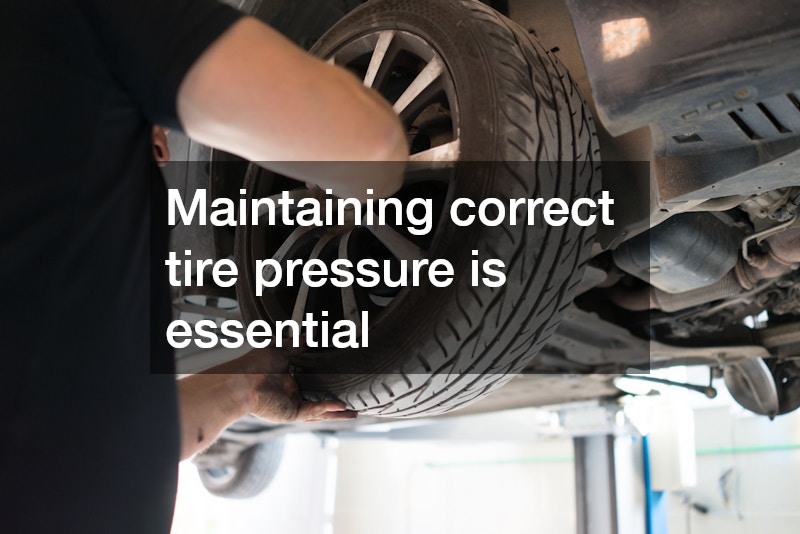
In today’s fast-paced world, a smoothly running car is essential for daily life. However, vehicles often give subtle hints when they are in need of repairs. Recognizing these signs can help prevent larger, more costly problems down the road. Explore some key indicators that it might be time to go to the auto shop for car repairs.
Common Warning Lights
Modern vehicles are equipped with a range of warning lights. Understanding these indicators, notably the check engine light, is crucial for diagnosing potential issues early on.
The dashboard warning lights serve as the vehicle’s way of communicating to the driver that something requires attention. Ignoring these lights can lead to severe damage and costly repairs down the line. It’s imperative for car owners to familiarize themselves with these lights to maintain their vehicle’s health.
Check Engine Light
The check engine light is perhaps the most commonly recognized warning indicator on a vehicle’s dashboard. This light can be triggered by a host of issues, ranging from loose gas caps to serious engine problems. When the check engine light illuminates, it’s advisable to have the vehicle examined by a professional mechanic. Ignoring this sign can lead to significant engine damage and higher repair costs. A proper diagnostic check can identify the underlying issue and prevent further complications.
Brake System Warning Light
Another crucial warning light to be aware of is the brake system warning light. This light typically indicates a problem with the braking system, which is vital for vehicle safety. It can mean low brake fluid levels or worn-out brake pads. Paying immediate attention to this light can prevent brake failure and ensure safe driving conditions. Regular maintenance and timely response to this warning can prevent expensive brake system repairs and keep you safe on the road.
Tire Wear and Tear
Tires are a critical component of vehicle safety. Keeping them in good condition helps ensure safe driving and vehicle longevity. Regular tire checks can prevent accidents, improve fuel efficiency, and extend the life of the vehicle. Understanding signs of tire wear can help prevent unexpected blowouts and costly replacements.
Uneven Tread Wear
Uneven tread wear is a common issue that indicates potential alignment or suspension problems. When the tires wear unevenly, it can compromise traction and lead to increased fuel consumption. Regular rotations and alignment checks can prevent this problem and maintain safe driving conditions. It’s crucial to inspect tires frequently for any signs of uneven wear and address the root cause promptly.
Tire Pressure Issues
Maintaining correct tire pressure is essential for vehicle safety and performance. Abnormal tire pressure levels can signify leaks or punctures that require immediate inspection. Driving with incorrect tire pressure can lead to poor handling and reduced fuel efficiency. Regularly checking and maintaining tire pressure can prevent these issues and ensure that the tires wear evenly, maximizing their lifespan and performance.
Types of Fluid Leakage
Fluids play a vital role in vehicle operation. Detecting leaks early can prevent significant problems. Fluid leaks can be an indication of aging or worn-out components, and addressing them promptly is crucial for vehicle longevity and safety.
Engine Oil Leaks
Engine oil leaks are among the most common fluid-related issues. Leaks can occur due to worn gaskets, seals, or damaged oil pans, and ignoring them can lead to decreased engine performance or severe damage. Regularly checking for oil leaks and maintaining proper oil levels can prevent these problems and ensure the engine runs smoothly. Addressing oil leaks promptly can also prevent environmental harm from oil spills.
Transmission Fluid Leaks
Transmission fluid leaks are another serious concern that requires immediate attention. These leaks can lead to transmission malfunction or failure, which is typically costly to repair. Signs of a leak might include reddish fluid under the vehicle or difficulty in shifting gears. Regular transmission fluid checks and addressing any leaks as soon as they are detected can prevent significant and expensive repairs.
Regular maintenance and awareness of your vehicle’s signals can greatly extend its lifespan and ensure your safety. If you encounter any of the issues discussed, it might be time to schedule a repair. Proactive attention can prevent minor issues from escalating into major repairs, keeping your car—and you—on the road smoothly and safely.



